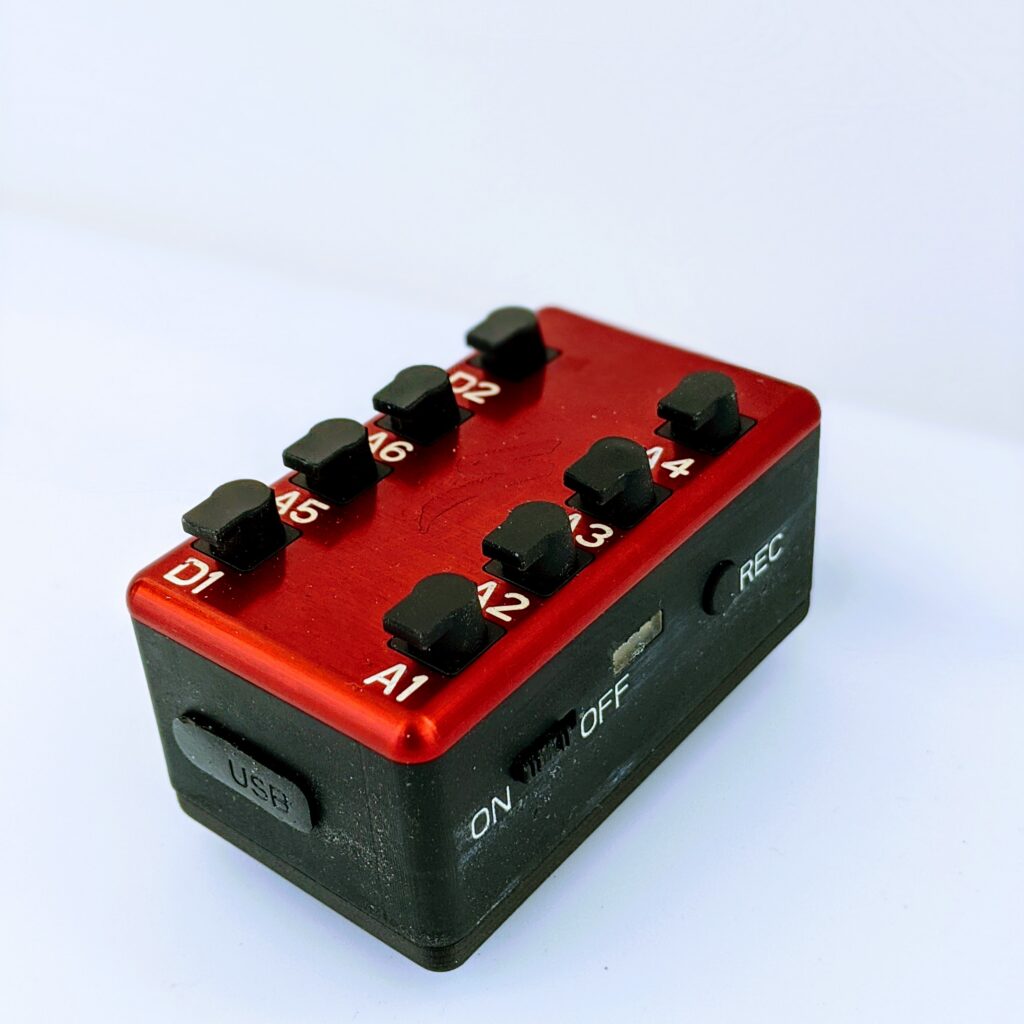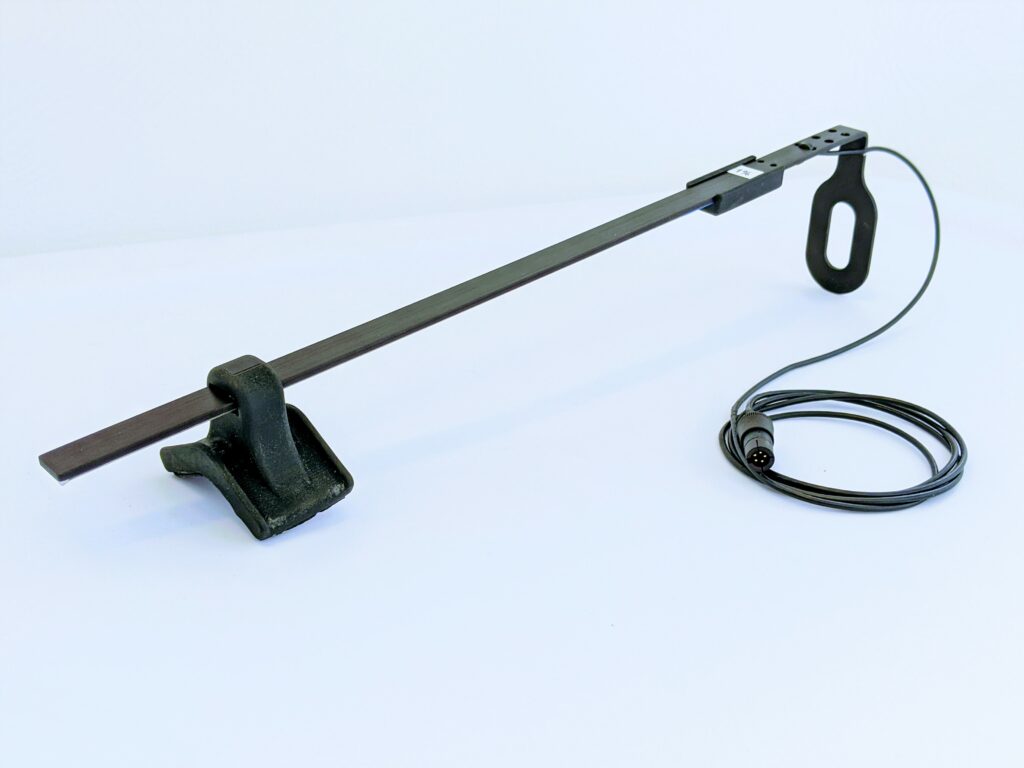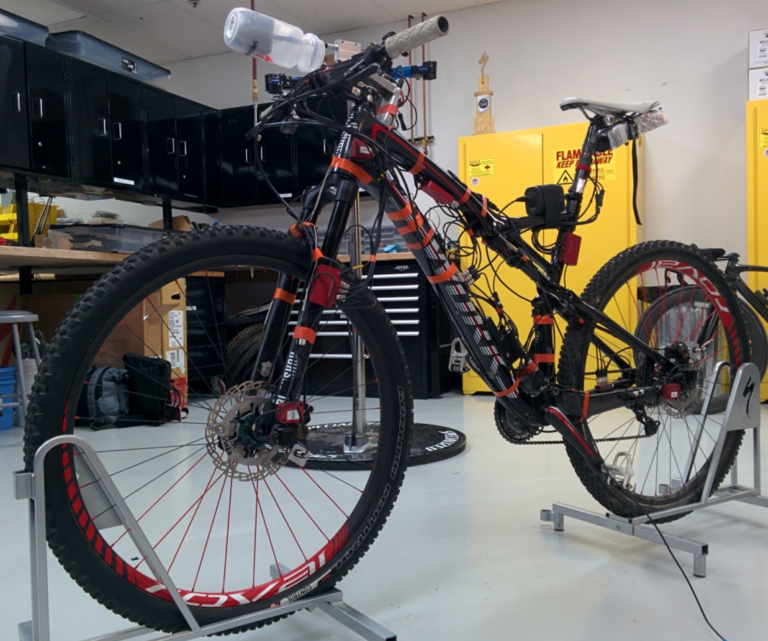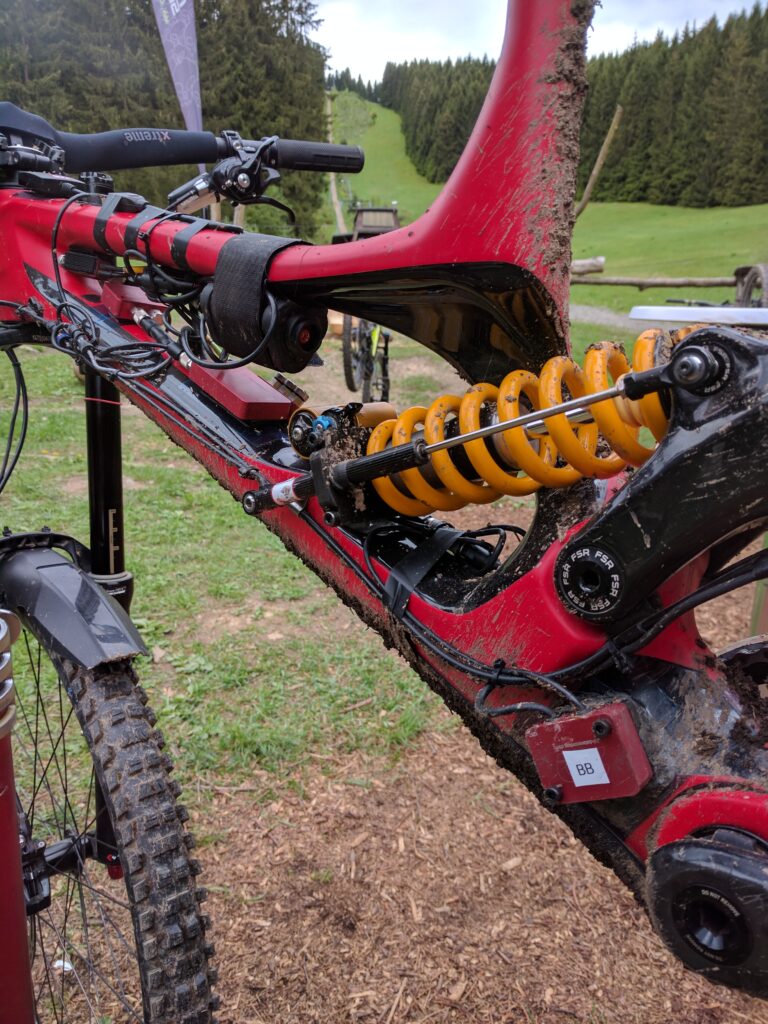Low-Cost Performance Data Logger System
Skills: Arduino & C++ | Electrical & Mechanical Design | Leadership
Tools: Visual Studio | MATLAB | Autodesk EAGLE
- Conceptualized and delivered 50+ low-cost Arduino based data logger systems, tailored for seamlessly instrumenting bikes, and enabling a big data approach to field testing
- Developed firmware code in Arduino and C++ to enable low-latency data logging to an SD card and support general user interactions with the device
- Designed a serial based command line interface (CLI) and corresponding MATLAB package to facilitate easy interaction with the device via a USB cable. Notable features include:
- Designed and optimized a serial data transfer protocol to transmit files at the limits of the hardware (~1.2 MBps) with 100% reliability
- Ability to reconfigure logger and update firmware remotely
- Built a database and corresponding MATLAB package to uniformly store all test session data with advanced functionality for local to cloud synchronization based on connection availability
- Defined system requirements and mentored one extremely talented intern (now a full-time engineer) to execute on the electrical and mechanical design of the data logger assembly
- Mentored three interns over several semesters to design various low-cost analog accelerometers, potentiometers, and mounting solutions.
Data Logger Features & Specs:
- Internal 6-DOF Inertial Measurement Unit (IMU)
- 18 Analog inputs (13-bit usable resolution)
- 6 Digital inputs (CAN bus capable)
- Maximum stable logging rate:
- 500 Hz (All channels) †
- 1 kHz (without internal IMU) †
- Maximum recording length: 2 hours
- Mass: 112 grams (with Garmin mount)
- Battery life: 10+ hours (continuous logging)
- Rapid battery charging via micro USB
†Higher rates achievable with different channel configurations
Field Testing With Complex Telemetry
Skills: Transducer Design & Fabrication | Design of Experiments
Tools: 2D Meßsysteme DAQ | AiM Sportline DAQ | DTS Slice DAQ
- Utilized three different commercial data acquisition (DAQ) systems to conduct controlled field testing experiments accross the globe with the following objectives:
- Simulation model validation
- Product performance evaluation
- Optimization of bike setup in a race environment
- Designed and conducted double-blind studies on instrumented bikes with multiple test subjects and numerous test runs for each rider/product combination to produce results with statistical significance
- Employed anti-aliasing filters and other pre/post-processing techniques to measure the most accurate and time-synchronous signals possible with minimal noise
- Designed, fabricated, and calibrated numerous force transducer devices using strain gauges and amplification circuits
- Gained extensive experience with off-the-shelf sensors:
- Accelerometers & Gyros
- Barometric pressure sensors (elevation)
- GPS modules
- Hall-effect sensors & reed switches
- Pitot tubes (multi-directional)
- Potentiometers
- Power meters




